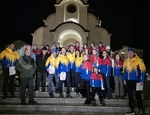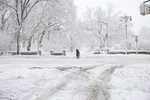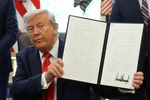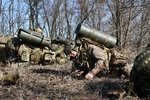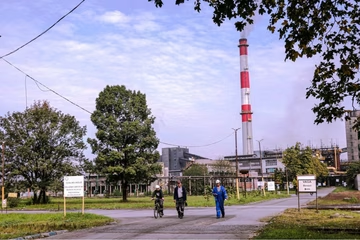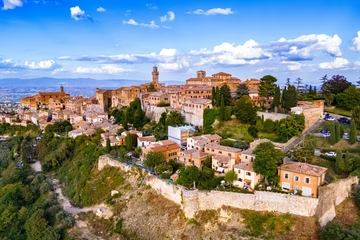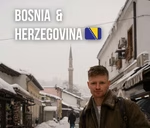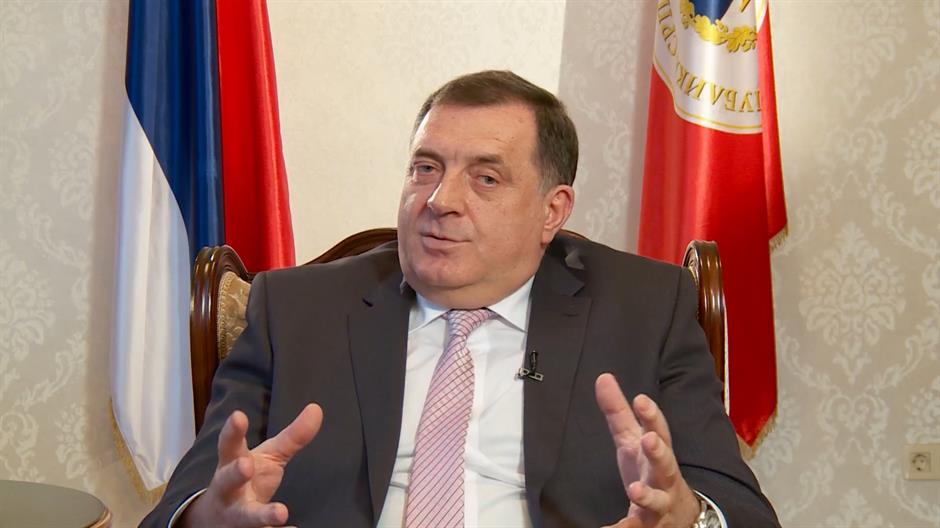
Ahead of the upcoming Security Council debate on Bosnia, Bosnian Serb leader Milorad Dodik sent his own report about affairs in Bosnia to the UN saying the country’s Serb dominated entity, Republika Srpska (RS), is pro-EU and accusing Bosniaks of obstructing the forthcoming election and fostering a "jihadi threat."
Usually, Bosnia’s top international official, called the High Representative, reports to the UN about the implementation of the 1995 Dayton Peace Treaty. Most of the time, Bosnian Serbs are criticized as jeopardizing the agreement, obstructing Bosnia’s development into a functional country and its EU membership path.
For years, Dodik has been sending his own Bosnia report to the UN, usually slamming Bosniaks and international officials in the country.
The newest report has 25 pages and is divided in eight chapters. It was sent by Dodik’s cabinet to the Secretary General of the UN with the aim to "help the Security Council in its upcoming debate on Bosnia and Herzegovina," it said.
The first part of the letter emphasizes that "the Dayton treaty must be implemented in its original form." Dodik has been insisting that Bosnia goes back to its original Dayton form, such as dividing its army as well as most of its institutions in two on ethnic basis.
"Threats of violence and armed aggression coming from Bosniak political leaders as an answer to political disagreement undermine the Dayton treaty and must be condemned," the report states.
Predicting that the recent acquisition of weaponry by the Republika Srpska Ministry of Interior will be mentioned as a threat to the country’s peace and stability, Dodik addressed in his report this issue as well, saying the weapons purchase was "necessary for modernization, was completely transparent and realized with the required permissions of all the relevant agencies at the state level of Bosnia and Herzegovina."
The report says also that the RS has friendly relations with Russia, but the entity is "not an agent of any foreign country."
The elections in Bosnia should take place "without foreign influence," especially without the influence of the US, it states, calling upon the US to "reveal the funds it gave media in Bosnia and stop using those funds to influence the elections."
The report accuses the main Bosniak party, the Party for Democratic Action (SDA), of obstructing "the implementation of important decisions which are of crucial importance for the election." It states that Bosniaks aim to elect representatives of Bosnian Croats in the Presidency.
A "threat of jihadi terrorism in Bosnia" is also mentioned, with the report characterizing the country as a "hub for radical Islamists since the time when the SDA invited the Mujaheddin to Bosnia during the war in the 1990's".
The RS supports Bosnia’s EU integration, says the report, pointing towards reforms the RS has implemented by now.
The document also advocates for "foreign judges in Bosnia's Constitutional Court to be replaced by Bosnian citizens" so that Bosnia can be "a country with full sovereignty," and for the closing down of the Office of the High Representative (OHR) in Bosnia, with the aim of "respecting the Dayton treaty and the sovereignty of Bosnia and Herzegovina."
Kakvo je tvoje mišljenje o ovome?
Učestvuj u diskusiji ili pročitaj komentare





 Srbija
Srbija
 Hrvatska
Hrvatska
 Slovenija
Slovenija























